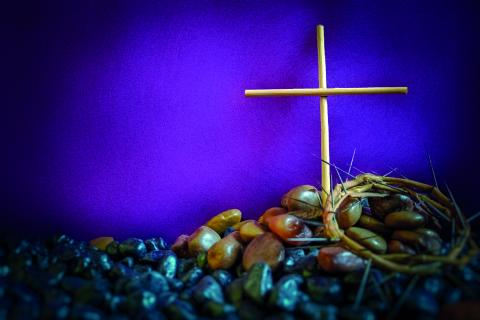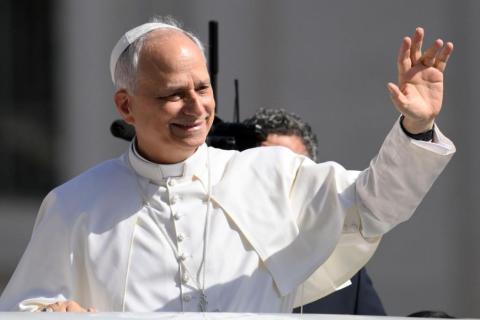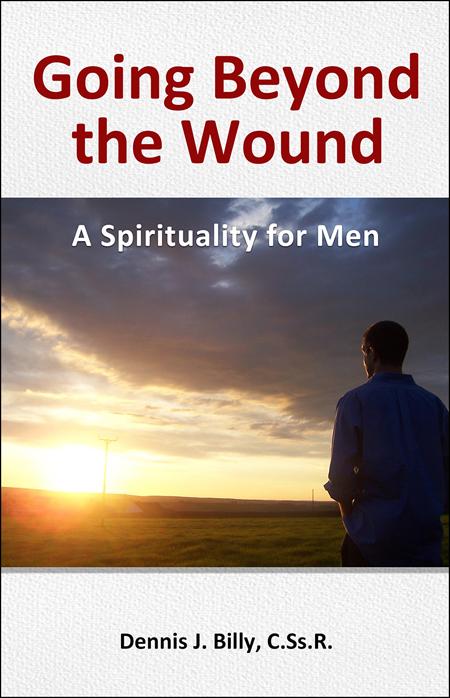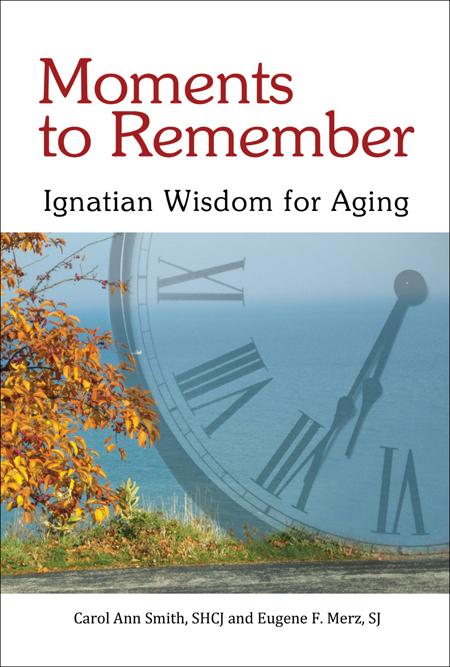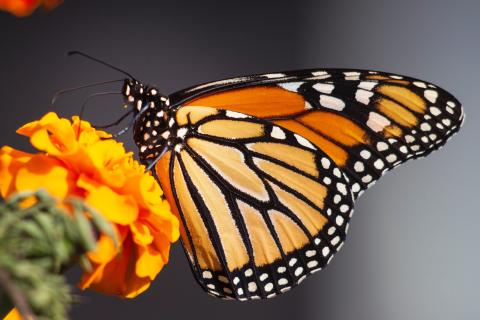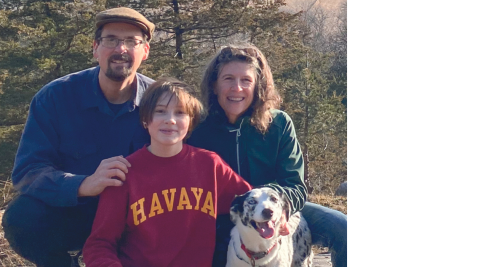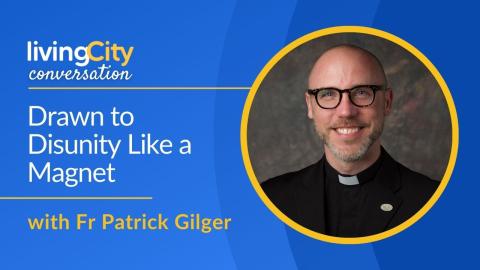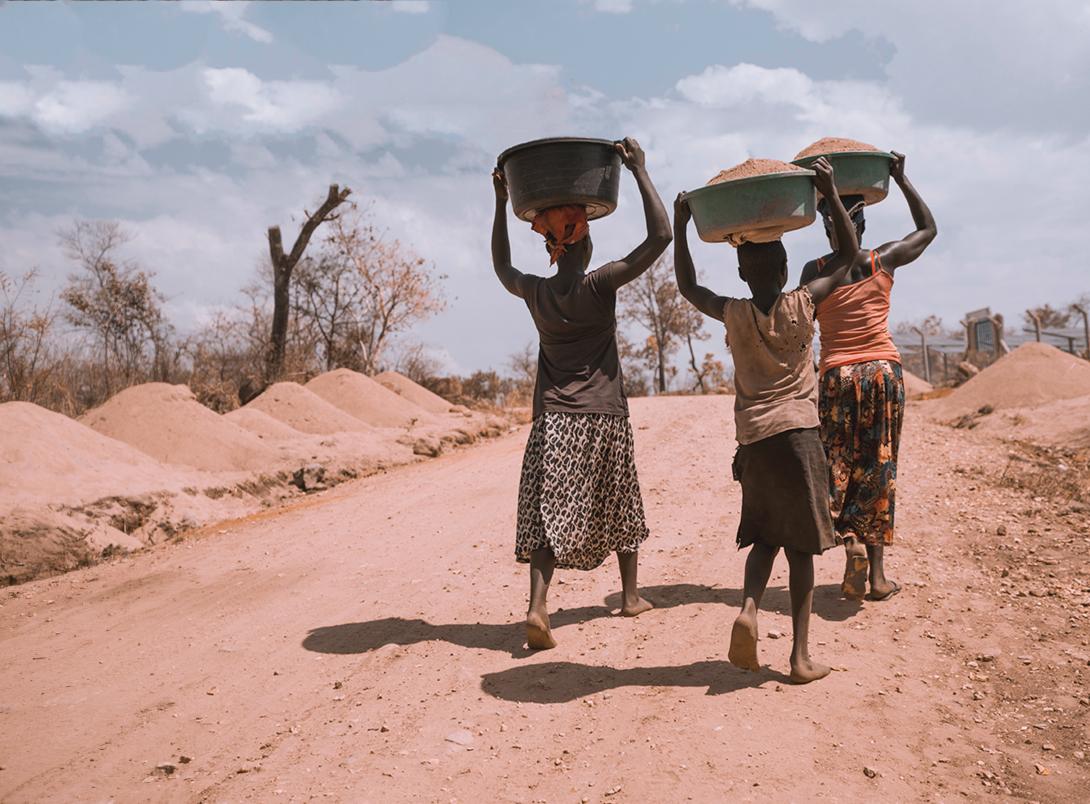
© Photo by Ninno Jack Jr at Unsplash
I WAS INVITED TO SHARE SOMETHING HELPFUL, soulful regarding hope. Indeed, near and far, we are thoroughly united in searching out such perennial questions. At times bent over like question marks amidst long suffering or anguished seasons in our lives, matters of sustaining hopes can all too readily knock us out, flatten us out and build up senses of hopelessness — dangerously leading to helplessness. Bleak horizons can begin determining darkened nights and days.
It is not unusual. It is not inhuman. It is nearly natural for all of us at one time or another, whether for a minute, a mile or an uncertain moment. It is very real so we must meet it wherever we are along our way. Meet it. See it — as the moment it is and not let such anxious unknowing fearfully fill up all the other moments of being alive.
Whether in a remote hidden jungle or a snarling urban traffic jam wrecking well planned schedules, we have to be there, be actually even more present where we already are now. As some wise ones would say: “face the music,” whatever unpleasant orchestrations suddenly accompany our daily journeys. Often it has seemed to me that the music, messaging of the ancient psalms, clamors out at us from the biblical landscapes of our shared faith histories. Such listening is not necessarily so simple or easy. We can instantly discover numerous distractions dividing our readiness to respond — to take responsibility in the here and now, to seek solutions for ourselves, for others, for the earth.
Yes, basic courage and self-compassion are needed. Not Braveheart heroics, but the daily diligence of wisely keeping it simple. Long ago, G. K. Chesterton advised his readers: “So simple is the way, we easily go astray.” That old New England echo has accompanied me for many decades, still teaching me to pay attention, be thoughtful, mindful, keeping natural hopes alive. Seeing glimpses of permeating light where some kinds of darkness, fear, hesitations have crept in around me. It is the life that needs to be sustained through dialogue — uniting heads, hearts, souls, faith and solidarity within our one very human family.
Where might we find hope?
We are all uniquely made in the image and likeness of God.
We are the same, but different. We are equal, but unique. Nothing human should be foreign to us.
It was not foreign to Christ as he journeyed in around this life, this world with Mary, Joseph, the traditional Nazareth community, then spreading out to fishermen, attentive women, apostles, disciples, rabbis, leaders and the then-Roman occupation of the sacred Holy Land.
We remember too his kind urging: “Let the children come to me.” Minus rose-colored romanticism anywhere in the world, reality is ours to face. Ours to embrace, to encounter, to share — in all its uniqueness bursting with blessings, burdens, mysteries, appointments and disappointments, complex contradictory conditions. Inevitable challenges for keeping truly fully hopefully alive to gladly give glory to God with gratitude. Imagine it! No regrets. Do it. Be it. Hear him: “Come to me all who labor and are heavy burdened...”
Our exceptionally gifted unique monastic brother, Thomas Merton, tells us clearly in his Bread in the Wilderness manuscript on living the essence of the Psalms: “Places, like persons, have an identity all their own, especially places like this one — where people move from sufferings to joy and back again...” which is to say in other words: pay attention, be where you are, be where God has sent you!
Thus, we keep finding hope in the absolute mix of it all — not so buried under sacred or secular stones, but staring right at us whether we’re flat on the ground of vulnerabilities or dangling high above anything familiar until now — whether in Peru, Panama or Poughkeepsie, watered on the great expanse of the Hudson.
Indeed, that’s where Addie in the desperate desert of the Central African Republic’s longstanding disarray spoke up. Flat out confrontation with the status quo, the expected, even demanded, ways things are or must be. Widowed mother, raising her grandchildren, starkly beautiful with bright faith leaping from within, she said straight out in a Catholic conversation on justice and peacemaking:
“I have hope, despite all taken from me. I have hope because you are now listening to me, to our situations. I have hope that you will tell others you met me. I am real, you see me, hear me. Love me as God does. Your listening can build hope for others, like these several men who would prefer not to hear a wounded woman speak.”
In a land-locked fearful place like CAR, I saw hope. I found hope. Together we spread new hopes new horizons for all God’s people, all faiths and none in an exhaustingly fragile broken place that remains home to such sisters and brothers.
Is there hope?
Of course, there is. In the countless humanitarian crises in the world today, the labored question looms large and larger. Some call these moments so filled up — “compassion fatigue” — the terrible beauty of caring so much for so long in such hardships from both natural causes as with earthquakes, flooding disasters, epidemics — but also from deliberate human-created tragedies, killing innocents and inspirations to isolate human beings, stealing life.
Yes, the question looms: Is there hope? Amidst loss with disturbing discoveries: is there still hope? Could there possibly be more faith, more love, more hope?
Stranded on a genteel West Bank hillside wilderness leading a Christian convoy of emergency food and relief supplies for a locked-in, oppressed peaceful Muslim village, occupation soldiers shot at me, at all of us, women and men, at the trucks, at the bread for tomorrow. Frightening, difficult, so very real — but with no loss of hope or determination to feed families, resuscitate their being, the belonging, the Fratelli Tutti as Pope Francis beckons all today. Here is where hope lives!
Hope thrives as we work to “connect the dots,” as humanitarians often suggest in UN and NGO clusters from New York to Nairobi, Hebron to Haiti. It’s the same in Beirut, in Damascus, in Brazil, Burma, Colombia. Connect the lives and rightful hopes of women, children, men, disabled, elders, teachers, farmers, doctors.
Hope grows, spreads, attracts, nourishes, and even explodes peacefully wherever we let go enough of penetrating preoccupations around us and within us to let the light of Christ shine in.
To let Jesus of Nazareth have substantial sustainable room in our hearts, our heads, our homes, our prayers, so our hopes remain alive in him.
This is what’s real as the complex Covid-19 crises of 2021 lead now to that better day, that bigger hope, that glorious path, responsibly sharing everywhere God’s awesome gift of life as the New Year 2022 unfolds simply day by day. Seeds of hope, “building back better” together, not separate, not alone.
Connecting the dots while answering the quite right question, “Is there hope?” is the very recipe for evangelical ecumenical abundance here and now—changing darkness into light, one by one, day by day, person to person, living, loving, respecting, accepting, engaging everyone everywhere every day. Not only eating the bread others bake, but gratefully appreciating the bakers without attitude or discrimination.
Like the simple yeast, hope rises. Not only devouring healthy nutritious fruits and vegetables more, but giving thanks and supports for farmers, planters, agriculturalists so that together we can readily feed our world in our times while seeding soulfully for the next generation. Not only going to church or mosque or temples to say some prayers, but deeply and sincerely offering up ourselves, our gifts, our fine potentials.
Not only to “do more,” but to “be more,” as our brave Latin American brother, now saint, Oscar Romero, invited us those tense times not so long ago... not so far away. Meet him at the manger where wise ones still adore!
Hope witnesses the welcome we hold in our hearts, our often-busy minds with weary souls. Hope soars, flies about uniting, healing our spirits and sacred spaces. Hope ignites our most human instincts to be together, to serve each other simply, even devotedly, as we chase dreams, visions, ideas — transforming ordinary moments into extraordinary welcoming grace. Hope so!





